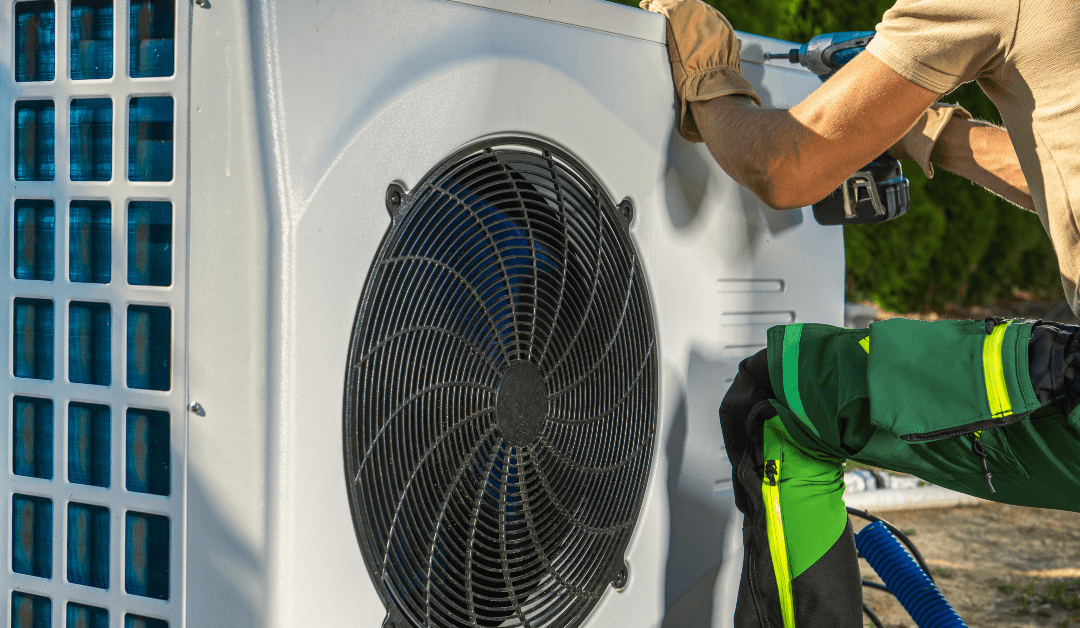Reducing energy consumption and promoting sustainability are crucial in today’s world. The Inflation Reduction Act presents homeowners with an exciting opportunity to achieve energy savings through residential HVAC retrofits. In this blog post, we will delve into the benefits of the Inflation Reduction Act, explore the available energy rebates and tax credits, and highlight how homeowners can maximize their energy savings.
Understanding the Inflation Reduction Act:
The nation-wide Inflation Reduction Act was enacted to encourage homeowners to invest in energy-efficient residential HVAC retrofits. By offering energy rebates and tax credits, the act incentivizes homeowners to adopt greener heating and cooling solutions, resulting in reduced energy consumption and lower utility costs.
Energy Rebates for HVAC Retrofits:
Under the Inflation Reduction Act, homeowners who undertake qualifying HVAC retrofits are eligible for energy rebates. These rebates provide financial incentives to offset the upfront costs of upgrading to more energy-efficient HVAC systems. By leveraging these rebates, homeowners can make significant energy savings more attainable and affordable.
Tax Credits for Residential HVAC Retrofits:
In addition to energy rebates, the Inflation Reduction Act also offers tax credits to homeowners who pursue eligible residential HVAC retrofits. These tax credits provide a reduction in the amount of taxes owed, further incentivizing homeowners to invest in energy-efficient upgrades. By taking advantage of these tax credits, homeowners can significantly offset the costs associated with their HVAC retrofits, making energy-efficient solutions more accessible.
Maximizing Energy Savings:
To maximize energy savings through the Inflation Reduction Act, homeowners should start by assessing their current HVAC systems. Consult with a licensed HVAC professional who can evaluate your system and recommend energy-efficient retrofit options that meet the requirements of the legislation.
Consider upgrading to HVAC systems with higher SEER ratings, which indicate greater energy efficiency. Additionally, explore options such as programmable thermostats, energy recovery ventilators, and smart HVAC controls to further optimize energy usage.
When planning your retrofit project, be sure to keep thorough documentation of all expenses, including receipts, invoices, and product certifications. This documentation will be crucial when applying for energy rebates and tax credits.
Tropical Supply: Your Partner in Energy Efficiency
At Tropical Supply, we understand the importance of energy efficiency and its impact on both the environment and your budget. Our team is well-versed in the Inflation Reduction Act and can assist you in selecting the most suitable HVAC retrofit solutions that align with the legislation’s requirements.
We offer a wide range of energy-efficient HVAC systems, components, and accessories to help you achieve optimal energy savings. Our knowledgeable staff can provide guidance and recommendations based on your specific needs and budget, ensuring that you make informed decisions for your residential HVAC retrofits.
The Inflation Reduction Act provides homeowners with a valuable opportunity to unlock significant energy savings through residential HVAC retrofits. By leveraging energy rebates and tax credits, homeowners can offset the upfront costs of upgrading to energy-efficient solutions and reduce their overall energy consumption.
At Tropical Supply, we are committed to helping homeowners maximize their energy savings by offering a wide selection of energy-efficient HVAC systems and components. Contact us today to explore your options and embark on a journey towards a more energy-efficient and sustainable home. Together, we can make a positive impact on both your comfort and the environment.

